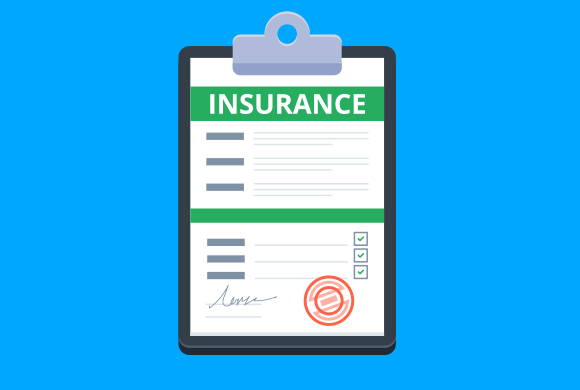Fill Below Form
Call me Back!
Please Enter Your Name
Please Enter Valid Telephone No
Please Enter Your Email


When you buy a vehicle, you must take the necessary steps to safeguard and protect it. Whether it is buying insurance, installing air conditioning to protect the leather seats, or fixing an anti-theft device in the vehicle, there are several options. You can also consider adding an anti-lock braking system to your car. Let us understand what it is in this article.
The anti-lock braking system is a safety mechanism in vehicles that uses speed sensors to prevent the locking of the wheel when breaks are applied in the car. It is an essential element that can prevent the skidding of cars, which can be more challenging to control on slippery roads. The ABS improves the wheel’s handling and even reduces the stopping distance on slippery and dry surfaces in an emergency.
The anti-lock braking system is a part of the electronic stability management of cars. Primarily, the purpose of the anti-lock braking system in a car is to help handle the wheels. Its function is to avoid oversteering and understeering. The ABS is connected to the engine control unit in cars. When applying the brakes in a car, the ABS loosens the brake enough so that the wheels are not locked if significant pressure is applied to the brake pedal.
When brakes are applied numerous times in a short period, there is a significant chance that the wheels could get locked. The anti-lock braking system ensures your car brakes do not get locked in these kinds of situations. The goal of this kind of mechanism is to avoid accidents. Here are some benefits of installing an anti-lock braking system in your car.
The role of car insurance is to provide financial help in case of any car accident or mishaps. But, insurance companies also incentivise insurance buyers who take the necessary steps to install certain devices that reduce the risk to vehicles. This is where the anti-lock braking system in car insurance comes into play. Insurers quote a significantly lower annual car insurance premium to vehicle owners who install the anti-locking braking system in their vehicles. Many insurance providers also offer special discounts on premiums ranging from 2% to 5% for installing an anti-locking braking system in your car. Also Read Blog :- What is IDV in Car Insurance? How to Calculate IDV?
Conclusion:As is apparent, the benefit and purpose of anti-lock braking system are dual. It protects your vehicle and helps reduce your insurance premiums. Ensure you speak to your car dealer while buying the vehicle and install the necessary devices to protect your vehicle thoroughly.
Disclaimer: For more details on risk factors, terms & conditions please read sales brochure carefully before concluding a sale. *The discount amount will vary subject to vehicle specification and place of registration
Liberty Mutual Insurance Group Announces
New Joint Venture Partnership for Indian
Company
Chances are that you are among a large number of people who forget to renew their vehicle insurance ....
Registration Number: 150 | ARN:Advt/2018/March/26 | CIN: U66000MH2010PLC209656
2019 Liberty General Insurance Ltd.
Reg Office: 10th floor, Tower A, Peninsula Business Park, Ganpat Rao Kadam Marg, Lower Parel, Mumbai - 400013
Trade Logo displayed above belongs to Liberty Mutual and used by the Liberty General Insurance Limited under license. For more details on risk factors, terms & conditions please read sales brochure carefully before concluding a sale.